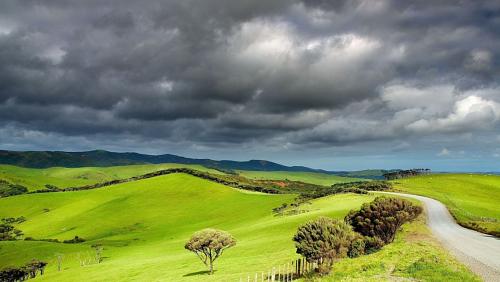Twitter has become a powerful force in shaping pop culture and entertainment in the digital age. With over 300 million active users, the social media platform has redefined the way we consume and engage with content, making it a key player in the entertainment industry.
One of the most evident ways Twitter has influenced pop culture and entertainment is through the amplification of celebrity voices. Celebrities now have direct access to their fans, allowing them to share their thoughts, updates, and personal insights in real-time. This has democratized the way we perceive and interact with our favorite stars. Fans no longer have to rely solely on traditional media outlets for updates on their favorite celebrities. Instead, they can follow their every move, thought, and action directly on Twitter.
Moreover, Twitter has also been instrumental in breaking news stories and creating viral moments. From award show highlights and red carpet looks to major announcements and controversies, Twitter has become the go-to platform for real-time updates and discussions. This has made pop culture and entertainment more accessible and immediate for audiences around the world. In a matter of seconds, a trending hashtag or topic can dominate the conversation, influencing the public’s perception and shaping the cultural zeitgeist.
Additionally, Twitter has also played a significant role in the success of television shows, movies, and music. With the ability to engage directly with fans, promote new releases, and create buzz around upcoming projects, artists and creators have leveraged Twitter to build and maintain strong fan bases. The platform has also served as a powerful tool for fan communities and subcultures, allowing like-minded individuals to connect, share their common interests, and drive conversations around niche content.
Furthermore, Twitter has become a hub for live-tweeting events, such as award shows, premieres, and concerts, allowing fans to collectively experience and react to these moments in real-time. This has not only enhanced the communal aspect of consuming entertainment but has also given fans a direct line to the industry, shaping their experiences and influencing the content they consume.
In conclusion, Twitter’s influence on pop culture and entertainment cannot be overstated. The platform has redefined the way we engage with celebrities, consume news, and interact with entertainment content. Its ability to amplify voices, shape public discourse, and facilitate real-time interactions has positioned it as a driving force in the digital era of entertainment. As Twitter continues to evolve, its impact on pop culture and entertainment is likely to only grow stronger, further solidifying its role as a key player in shaping the cultural landscape.






